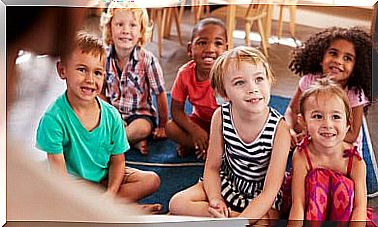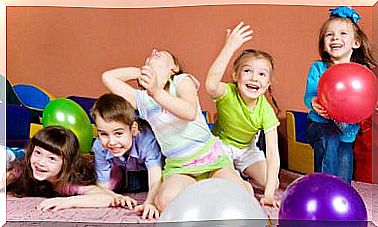7 Tips To Reduce Racism In Children
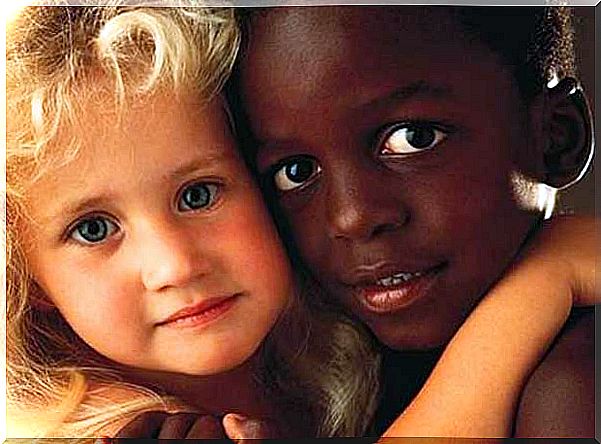
The definition given by the Dictionary of the Royal Academy of the Spanish Language of racism is as follows: ” Exacerbation of the racial sense of an ethnic group that usually motivates discrimination or persecution of another or others with whom they live. ”
A child does not have the ability to discriminate or understand race or color. Everything will be acquired through education. That’s where we can put into practice these seven tips to reduce racism in children that we give you.
The little ones, from birth, usually live in an environment surrounded by people from their family of the same race or color. Therefore, when they see people different from those they are used to, they will attract their attention. This does not mean that they experience fear or that it causes them any discomfort. It just means that they are curious, just like any other variation that occurs.
They can even identify a person by their skin color and make a comment like “look mom that’s black, brown, yellow,” and so on. It is not derogatory, it is that they identify colors, since they do not have the necessary knowledge for their comment to be negative, they only say what they are seeing.
There is more and more coexistence between people of different countries, colors and races. Logically, children in school and kindergarten relate to each other.
For these reasons, education in diversity is so important from an early age. In this way we will reduce and even avoid racism in children.
Tips to reduce racism in childhood
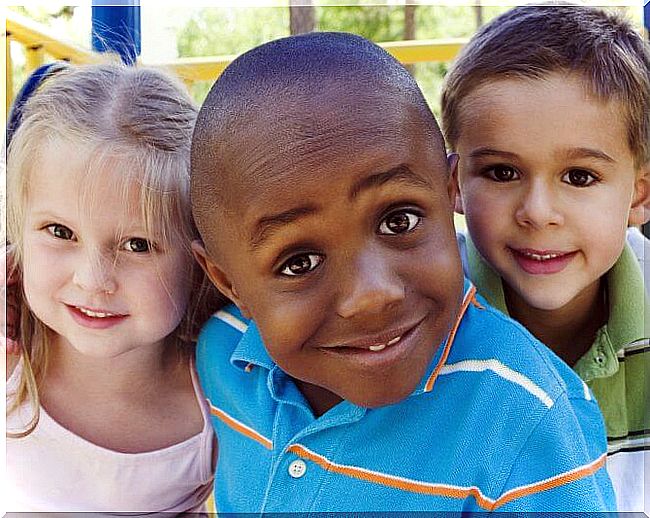
With these seven tips that we are going to give you, you will educate your child without racist prejudices.
- Take a trip with the little one on the world map and show him the different countries. This will also help you to learn geography.
- Explain why there are different skin and hair colors. This is due to melanin and the absorption of vitamin D. The inhabitants of Africa have darker skin, since they have more and larger cells. That is why they produce melanin, to protect them from solar radiation. Being exposed to so much sun, your vitamin D levels are ideal. Therefore, the skin and hair reject it as a protective measure. The less solar radiation, the lighter the hair and skin and the less melanin is necessary, since having less sun, you need to absorb more vitamin D. You can connect the explanation of the countries with the sun they receive and in this way you it will become clearer.
- Educate with books, movies and cartoons featuring children and people of different races and colors. Explain which countries they come from. In this way he will see that diversity is totally normal and he will not be surprised to meet different people for him while having fun.
- Show him the gastronomy, language, stories, traditions and music of other countries. Through games, cooking together, with documentaries, stories, dances, stories, etc. You will have a great time and learn a lot.
3 more tips to avoid racism in children
- Travels. If you can take trips with your children, it is an ideal way to expand their culture and education.
- To learn other languages. Language learning is very important to your education. In addition, by learning them, you will also receive education about their culture.
- Communication. It is essential in the relationship with your child. If you see any type of racist behavior, talk to him and explain why this is inappropriate. Develop their empathy in a way that they imagine if they lived in another country and were treated badly for being different. How would it feel? This will also encourage him to tell you if something happens at school or elsewhere. And most importantly, you will develop their education in values as basic as tolerance, respect, etc.
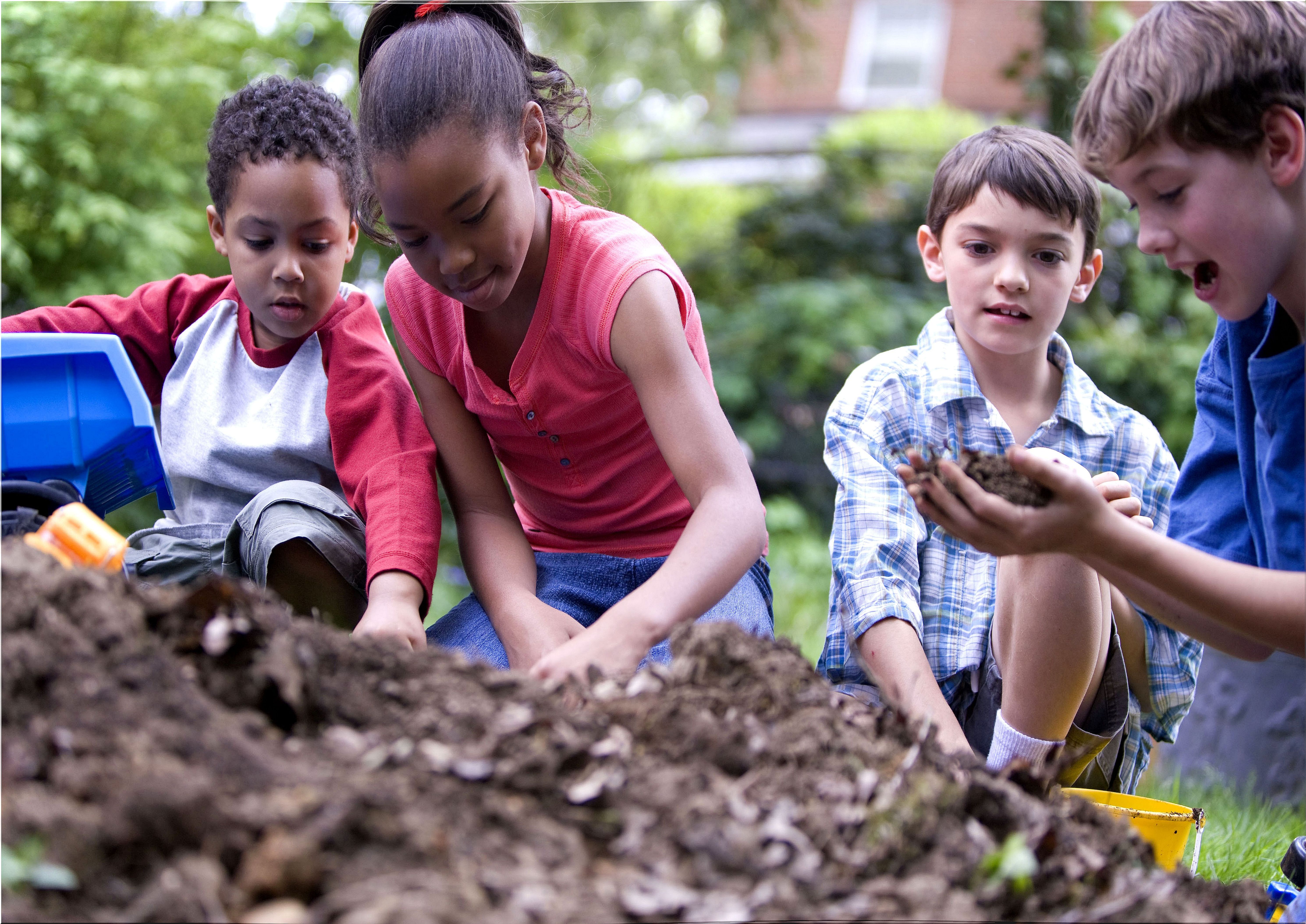
Remember that a child is not born with these types of behaviors. If he develops them it is because he learns it in his environment. Therefore, a correct and healthy education that promotes tolerance, respect, equality, empathy, assertiveness and good values in general, is essential for the future happiness of your child and for that of his environment.
In addition, you will be helping to make the world a much better place free of racism tomorrow.

